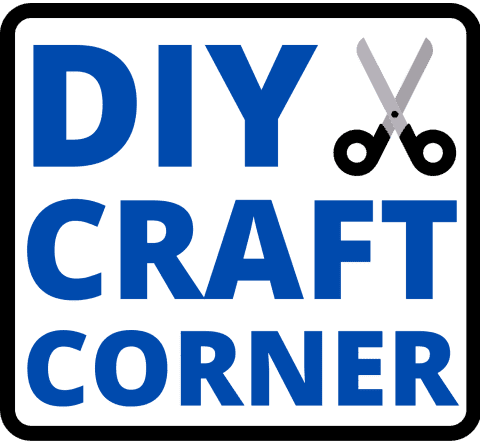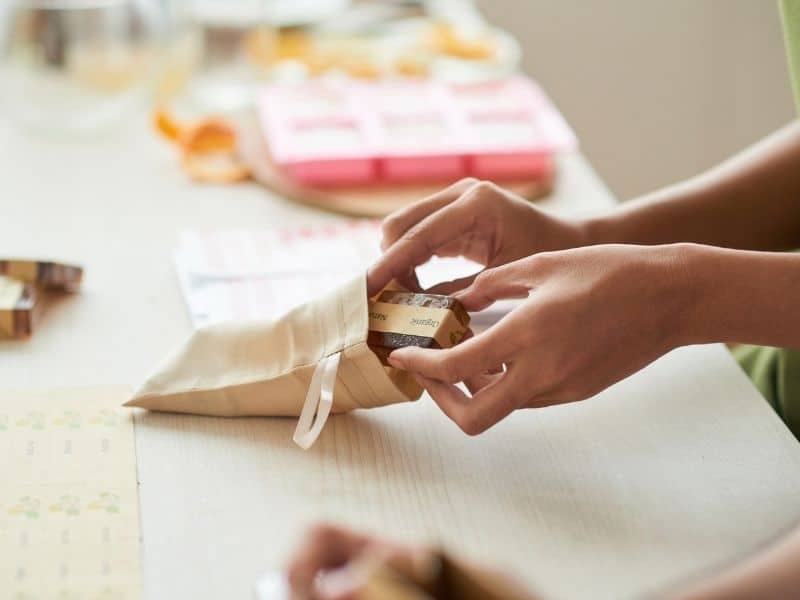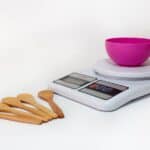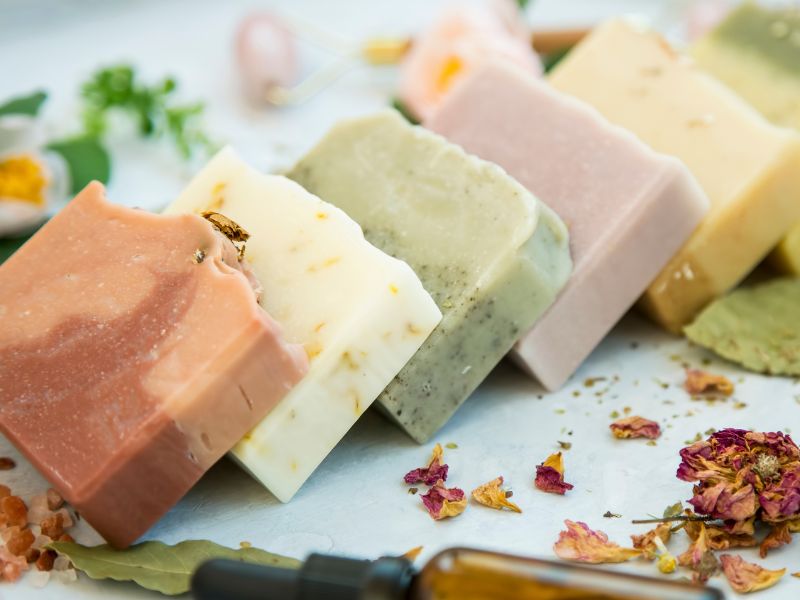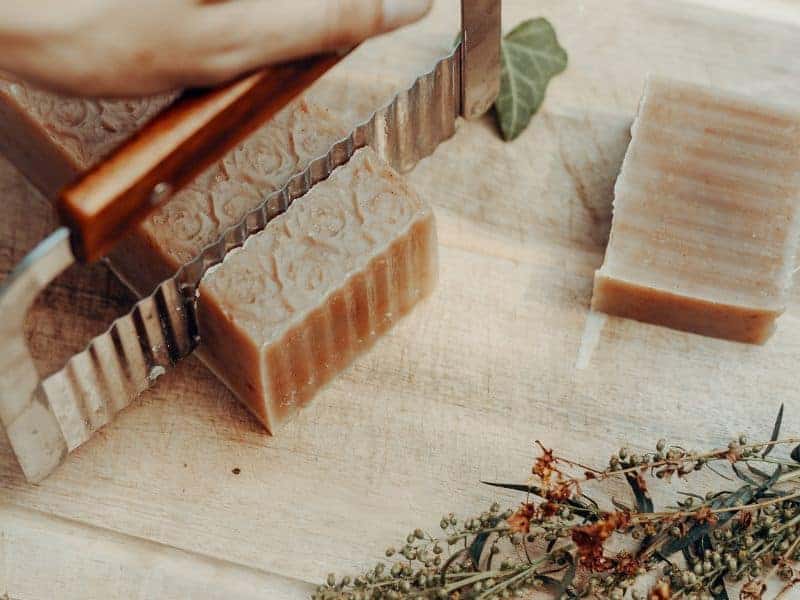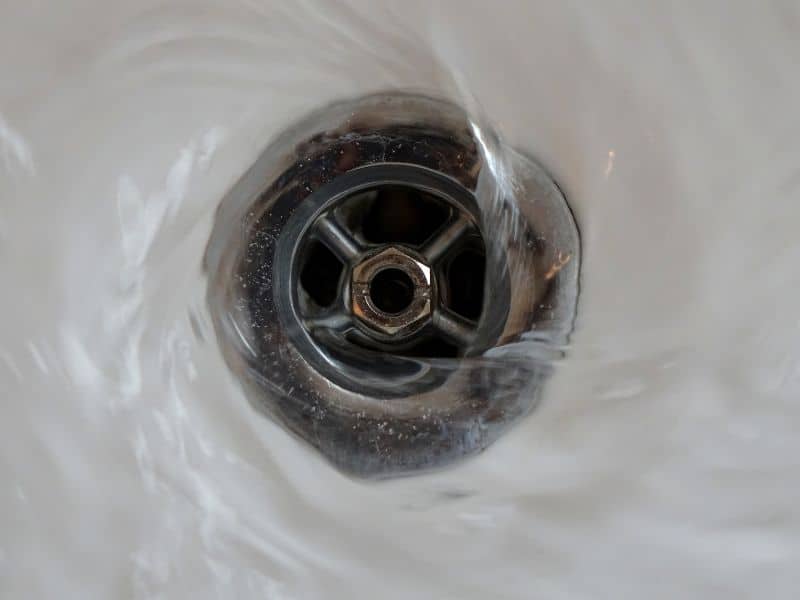You have a few things to consider when trying to make a profit from soap making, such as the cost of supplies and ingredients, the time it takes to make soap, and the price you charge for your soap. So, is soap making profitable?
Soap making is profitable with profit margins between 25% and 50% or more. How profitable soap-making is for you will depend on how low you can keep expenses and how much you charge per bar of soap.
One way to increase your profits is to make soap using natural ingredients, which can be more expensive than soap made with chemical ingredients. However, there is a growing demand for natural soap, so you may be able to charge a higher price for it.
Let’s take a closer look at what impacts soap-making profitability.
Things to Consider When Starting Your Own Soap-Making Business
Before we talk about computing costs and profits, there are a few things you need to consider before deciding to start a soap-making business.
1. You Should Not Be Making Soap All The Time
Many soap makers start turning their hobby into a business because of positive feedback and the fun they have in the actual production of the products. Who wouldn’t have fun creating soaps in many different colors and shapes, right?
And there’s nothing more fulfilling than using your very own, handmade soaps at home, as well as giving them as presents to family and friends.
But, when you start turning your soap-making hobby into a business, you need to think about making money. And thus, you shouldn’t be making soaps all the time, because you need to free up some time in marketing and selling your products.
If you’re a one-man or woman show, this is even more important. You will need to spend as little time making soaps as possible.
You should be spending less than 20% of your time in productivity mode because you need to manage the business side of your endeavor as well.
You will need to pack your soaps, take high-quality pictures, market your product, sell your products, have them shipped, and so on. You will need to learn to be efficient in terms of productivity if you want to earn a profit in your soap-making business.
2. Find a Niche Market
When soap makers first create their first product line for sale, there’s a common mistake they make, and that’s making a collection that they like. But, this is the wrong approach.
You are not your target market, otherwise, you will be selling to like-minded people who are also thinking about making their own soaps.
Before you even begin making your soaps, think about a specific target market or niche. Do you want to sell bar shampoo to eco-conscious college students? Or how about laundry bars for people who prefer to handwash their clothes?
Or maybe you want to sell small artisanal handsoaps to hotels and spas?
Think and choose a specific niche and try to meet the needs of that target market. Otherwise, if you just throw caution to the wind and wing it, you might not have a market to sell to and all your hard work will go to waste because no one will buy them.
3. Do Not Compete with Price Alone
There may be tens of thousands of handmade soap makers online, and in your local area, there might also be other soapmakers who are producing similar products. Think of something that will make your soaps stand out.
You could be using pure virgin coconut oil for its health benefits, targeting users who are health conscious; or your soaps might contain unique fragrance oils that mimic popular perfumes.
Think of a feature that makes your soaps stand out from the rest but never compete on price alone. You may be making similar coffee-scented anti-acne soaps with a local soap-maker but because you want your product to be the better option, you lower your prices.
If you do this, you might be sacrificing a large profit margin and end up not making money at all, just so your products will sell.
Pricing for soaps is usually dictated by direct and indirect costs, but the price will always be up to you.
4. Learn Photography or Hire a Professional Photographer
These days, selling soaps online is the fastest and most effective way to sell these products. And even if you don’t want to focus on selling online, you still need beautiful and high-quality products to attract your customers.
Handmade soaps come in all shapes, colors, and sizes, and high-quality pictures are needed if you want your brand to make a mark. You would need to learn basic photography skills so you can make great photos that can convert to sales.
If you don’t want to invest in a camera or you don’t have time to learn, you can hire a professional photographer who can take the best pictures of your products.
How to Price Your Soaps and Make a Profit
When computing your costs to make your price, you need to consider three factors:
- Indirect Costs
- Direct Costs
- Labor Costs
Indirect Costs
Indirect costs include your utilities, such as water, gas, and electricity. These are expenses that cover the overhead costs of production. If you rent a space to make and sell your soaps, your rent is included in this list.
Typically, indirect costs range from $50 to $400 per month, with your rent bearing the biggest bulk of your overhead expenses. If your indirect costs are $100 per month, divide this by how many days you make your soap, let’s say 20 days. So for every day, you make soap, your indirect costs would be $5 per day.
Your list of expenses should not include your basic capital in acquiring special equipment such as molds, stainless steel bowls, and other equipment. This is because you won’t need to purchase them, again and again, each time you make a batch of soaps.
Direct Costs
Direct costs are the ingredients you need to purchase to make your product. This includes essential oils, fragrance oils, distilled water, as well as sodium hydroxide lye, and other ingredients you mix with your soap.
For a 5 pound mold that holds 76 ounces of soap and produces 20 bars, it would cost around $14 per batch. This is considering that you purchase your products in bulk or volumes. Buying your ingredients in bulk means you get the ingredients at a much lower price compared to buying them retail.
Labor Costs
If you make your soaps yourself, you need to ask how much do you want to get paid for each hour you spend producing your product? A good minimum labor cost would be $15 per hour.
From preparation to finished product (placing your soap mixture in the mold), that would take about one hour. If you can make 20 bars of soap in one hour, then your labor cost would be $15 for that batch of soap.
Total Costs
Now, it’s time we calculate your total costs:
Indirect Costs $5 (assuming you make your soaps at home)
Direct Costs $14 (for 20 bars of soap)
Labor Costs $15 (for 20 bars of soap)
Total Costs for 20 bars of soap: $34
Total Cost for 1 bar of soap: $1.7
This means for each bar of soap you make, you spend $1.7 in making it. The amount of profit you want to make with your soaps depends on how much you want to earn. Some soapmakers double this amount, selling the soap for $3.50 while some triple this amount, selling it at $5.
Handmade soaps sold on Etsy, which is an online marketplace that specializes in handmade goods, have a price range of $5 to $9 for handmade soaps.
As long as you compute your expenses for each bar of soap and add your desired mark-up, you can make a good profit selling handmade soaps.
Frequently Asked Questions
Here are some of the common questions about making and selling soap.
No, you don’t need to take a soapmaking class. With the internet today, there are many resources and tutorials about soapmaking that you can follow. Just do your research and be cautious when working with lye as it is a caustic substance.
No, soap cannot be made without lye. Lye is what saponifies or causes the oils to turn into soap. There are no shortcuts in making soap.
You can use any type of container as long as it is airtight and will not let water in. Glass and plastic containers are ideal.
Yes, you can use soap-making molds that you already own but it’s best to use soapmaking-specific molds as they will give you the most accurate measurements.
You can start making soap with just a 1 pound batch. This will give you around 4 bars of soap. As you get more experienced, you can increase your batch size.
Conclusion
In conclusion, soapmaking can be a profitable venture as long as you know your costs and have a good markup on your soap. With careful planning, you can make a profit selling handmade soap.
Soapmaking can be profitable if you know how to calculate your expenses and add the desired mark-up. By researching different soap-making recipes, you can create a soap that will sell at a higher price.
With careful planning, soapmaking can become a successful side hustle.
